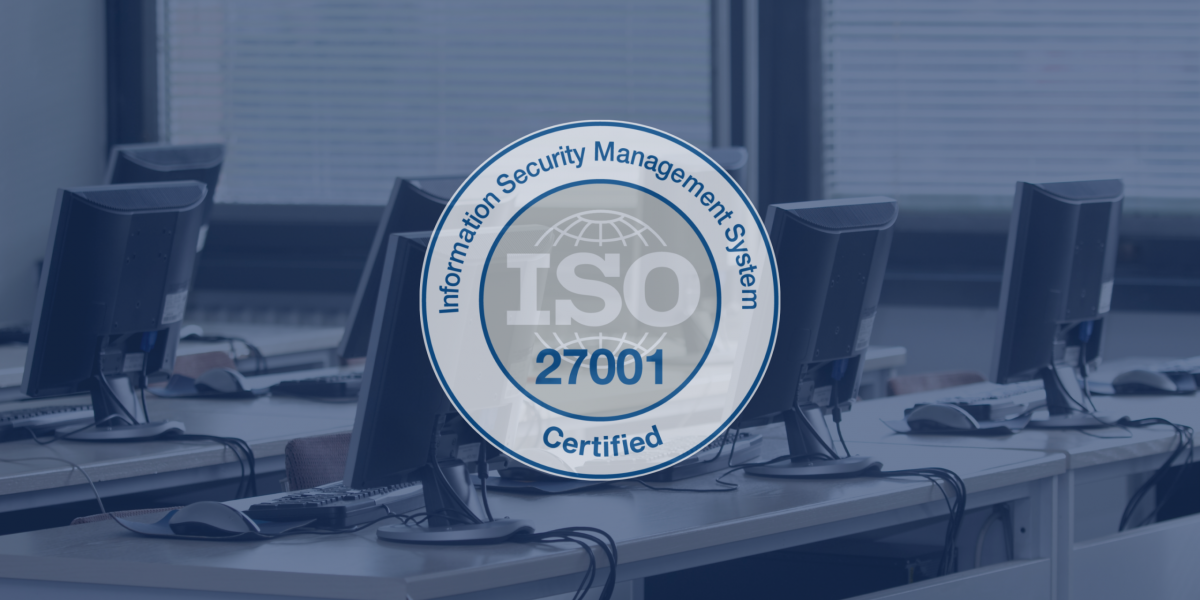As we step into 2025, DSM Group is excited to share our journey of innovation, sustainability, and growth. With a strong foundation built on cutting-edge technology and exceptional service, we’re poised to make this year one of transformative advancements. Here’s a look at our current offerings and a glimpse into our ambitious expansion plans for the future.
Current Solutions: Elevating Standards in Colocation and Beyond
At DSM Group, we are proud to offer a suite of solutions designed to meet the diverse needs of modern businesses:
1. Colocation Services:
Our colocation solutions provide businesses with secure, scalable, and sustainable infrastructure to host critical IT operations. Located within a state-of-the-art facility, our services ensure:
- Unparalleled uptime with resilient power and cooling systems.
- Enhanced security with 24/7 monitoring and biometric access.
- Cost efficiency through shared resources.
2. Workplace Recovery Services:
With the unpredictability of today’s world, our workplace recovery services guarantee uninterrupted business operations. Offering 400 fully equipped recovery positions, four bespoke suites, an 18-seat executive boardroom, and a 50-seat conferencing suite, we ensure businesses are back up and running in no time.
3. ESG-Focused Hosting:
As one of the UK’s leading ESG colocation providers, our onsite cooling lake, water-cooled racks, and 200kW solar farm underscore our commitment to sustainability. These features, alongside our nature reserve, help reduce environmental impact while delivering robust and efficient hosting solutions.
4. Data Backup and Storage:
Our comprehensive data backup services safeguard critical business information, ensuring peace of mind and operational continuity. With advanced security measures and seamless recovery processes, your data is always protected.
The Benefits of Partnering with DSM Group
When you choose DSM Group, you’re not just selecting a service provider—you’re investing in a partnership built on:
- Reliability: Our ISO27001:2022 certification exemplifies our dedication to the highest standards of information security.
- Sustainability: From solar energy to water-efficient cooling, our solutions align with your ESG goals.
- Proximity: With excellent transport links to London and surrounding areas, accessing our facility is quick and convenient.
- Expertise: Our experienced team, including the key contributors who led our early recertification success, ensures your business receives unparalleled support.
The Road Ahead: Expansion Plans for 2025
The upcoming year marks the beginning of an exciting second phase of development at our Eco Data Centre. Starting in 2025, we will:
- Double Our Capacity: By expanding our colocation spaces, we aim to accommodate growing demand while maintaining the highest standards of service and efficiency.
- Enhance Sustainability Features: The second phase will include additional renewable energy projects, further reducing our carbon footprint and reinforcing our position as an ESG leader.
- Develop the Nature Reserve: Building on our commitment to biodiversity, the nature reserve will feature new habitats, educational opportunities, and community engagement activities.
- Introduce Advanced Services: With the expansion, we plan to integrate advanced technologies such as AI-driven monitoring and next-generation cooling systems.
A Shared Vision for a Sustainable Future
At DSM Group, our mission has always been to create a harmonious balance between technological excellence and environmental stewardship. The planned expansion is not just about growing our capacity—it’s about reaffirming our commitment to our clients, our community, and the planet.
As we move forward into this new chapter, we invite you to join us on this journey. Together, we can shape a future where innovation and sustainability go hand in hand.
Stay tuned for updates as we embark on this exciting phase of growth. For more information about our current solutions or to discuss how we can support your business, contact us today!





